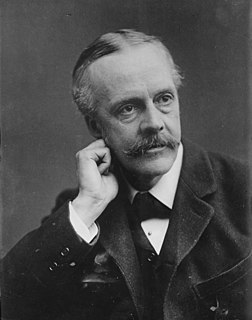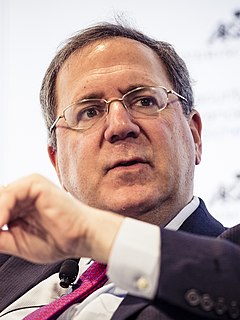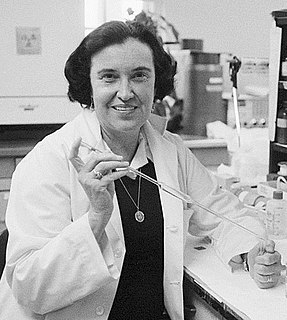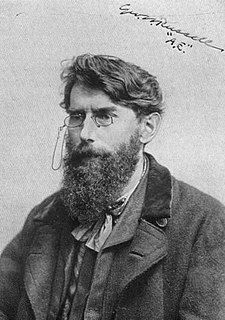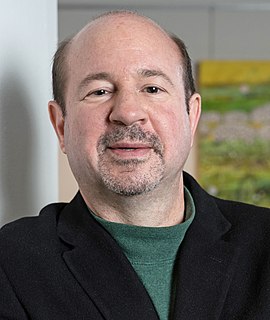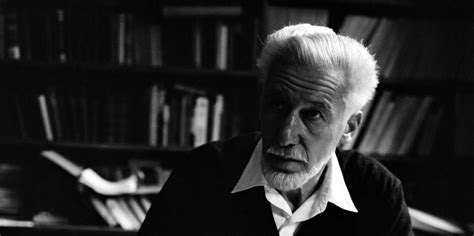Top 504 Revolutions Quotes & Sayings - Page 6
Explore popular Revolutions quotes.
Last updated on November 12, 2024.
But science is the great instrument of social change, all the greater because its object is not change but knowledge, and its silent appropriation of this dominant function, amid the din of political and religious strife, is the most vital of all the revolutions which have marked the development of modern civilisation.
Open platforms and experimental amateurs eventually beat out the spendy, slick pros. Relying on incumbents to produce your revolutions is not a good strategy. They're apt to take all the stuff that makes their products great and try to use technology to charge you extra for it, or prohibit it altogether.
Some socialist movements in Egypt, Tunisia and Bahrain, for instance, were genuine. I was making films about the so-called Arab Spring, and I'm well aware of how complex the situation really was. But it goes without saying is that the West immediately infiltrated and 'derailed' the revolutions, turning them into what you have described.
Permanent mass unemployment destroys the moral foundations of the social order. The young people, who, having finished their training for work, are forced to remain idle, are the ferment out of which the most radical political movements are formed. In their ranks the soldiers of the coming revolutions are recruited.
The Whig interpretation of history ... is the tendency in many historians to write on the side of Protestants and Whigs, to praise revolutions provided they have been successful, to emphasise certain principles of progress in the past and to produce a story which is the ratification if not the glorification of the present.
There are varieties of theories of revolution. According to one of these theories, only one of these theories, revolutions occur when there is an explosion of rising expectation. And amongst the lower strata in Iranian society, we are witnessing an increasing rise of the expectation and it's clear that the regime is incapable of satisfying these demands.
The great scientific achievements are research programmes which can be evaluated in terms of progressive and degenerative problemshifts; and scientific revolutions consist of one research programme superceding (overtaking in progress) another. This methodology offers a new rational reconstruction of science.
The 1950s felt so safe and smug, the '60s so raw and raucous, the revolutions stacked one on top of another, in race relations, gender roles, generational conflict, the clash of church and state - so many values and vanities tossed on the bonfire, and no one had a concordance to explain why it was all happening at once.
States that have experienced revolutions or have acquired their independence from empires - such as the U.S. or Australia - tend to celebrate their constitutional documents and put them on show in special galleries so that every citizen can become familiar with them. In the U.K., this is not properly done.
Those who have the command of the arms in a country are masters of the state, and have it in their power to make what revolutions they please. [Thus,] there is no end to observations on the difference between the measures likely to be pursued by a minister backed by a standing army, and those of a court awed by the fear of an armed people.
The resolution of revolutions is selection by conflict within the scientific community of the fittest way to practice future science. The net result of a sequence of such revolutionary selections, separated by periods of normal research, is the wonderfully adapted set of instruments we call modern scientific knowledge.
If every man and woman were to take the meaning of their life and pursue it passionately, they would alter the social landscape overnight. In fact, that's how lasting revolutions are made- not by the raised arm of the masses, not by the military seizure of power, not by the political coup d'etat, but by individuals asserting who they are one at a time.
